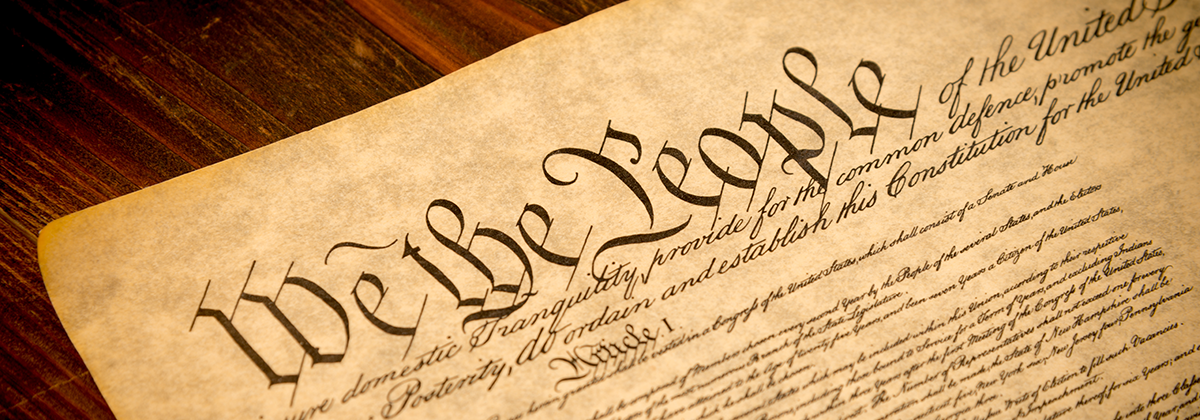From the mailbox…
Two interesting questions appeared in my mailbox this week. One concerns the redistribution of wealth. The other is about the government’s role in the Post Office. I love this stuff! Let’s dive right in, starting with the USPS.
The United States Postal Service (USPS) wants you to know their top 13 facts. A link to the article appears at the end of this post. Some things you will discover:
-USPS is a 1.6 trillion industry and employs more than 7.3 million people.
-USPS pays FedEx and UPS for air transportation while UPS and FedEx pay the USPS to deliver “hundreds of millions” of their ground packages.
-US mail is protected by 200 federal laws enforced by the Postal Inspection Service.
-Zero of your tax dollars are used to operate the USPS. They sell stamps, services, and products to fund the postal service.
Article 1, Section 8, clause 7 of the US Constitution states that [Congress shall have power] To establish Post Offices and post Roads. “Establish” includes Congress’ ability to take necessary measures for safety, transit, and prompt delivery of the mail. Congress can acquire land to build post offices. When you send mail through the USPS, it is under the protection of the national government, therefore, “in contemplation of law its property.”
On the other hand, the United States Postal Service is an “establishment of the Executive Branch of the government of the United States”, (39 USC § 201). Presidential appointees and the Postmaster General run the post office operating it much like a business.
So here we have checks and balances. The Legislative Branch has its responsibilities for the USPS and the Executive Branch, likewise.
Recent reports indicate that USPS has lost 2.2 billion recently, due to the pandemic. Congress allocated $10 billion in funding for the USPS under the Cares Act. You may recall from previous articles on this page that all revenue bills originate in the House.
Now, to answer the question about the Constitutional Republic, you need to familiarize yourself with Article 1, Section 8 of the US Constitution (if you’re new here, we are not a democracy, regardless of who or how many public officials or media use that term to describe America’s form of government. Our Founders thought of a democracy as “mob rule”).
The title of Article 1, Section 8, is “Specific, Granted, and Enumerated Powers of Congress.” Note the words “specific, granted, and enumerated.” That means that Congress’ powers are limited and spelled out. Nowhere in this section or any other is specific welfare a part of our organic, founding documents. The general welfare of a nation is not specific welfare to individuals or particular groups. The original intent of “general welfare” is best described by Thomas Jefferson when he said, “Congress has not unlimited powers to provide for the general welfare, but is restrained to those [powers] specifically enumerated.”
Since the earlier part of the twentieth century, court opinion held that Congress could tax some groups and subsidize others. Congress’ power has become like spandex since then— greatly expanded. Many Americans are under the impression that everyone pays federal taxes and that our Constitutional Republic provides a safety net for all. This is not true. Not all people have a safety net of government money. Specific welfare is granted to some, but not all. This is against the original intent of our Constitution.
As our government has grown and expanded, more people have come to depend on it to be their source of supply. At some point, the government runs out of money. Wealthy people no longer have wealth. Our Founders provided us with the way to “provide for the general welfare, promote the common defense, and secure the blessings of liberty to ourselves and our posterity.” We do well to study and learn our founding documents.
This is Common Sense Civics and Citizenship.??

